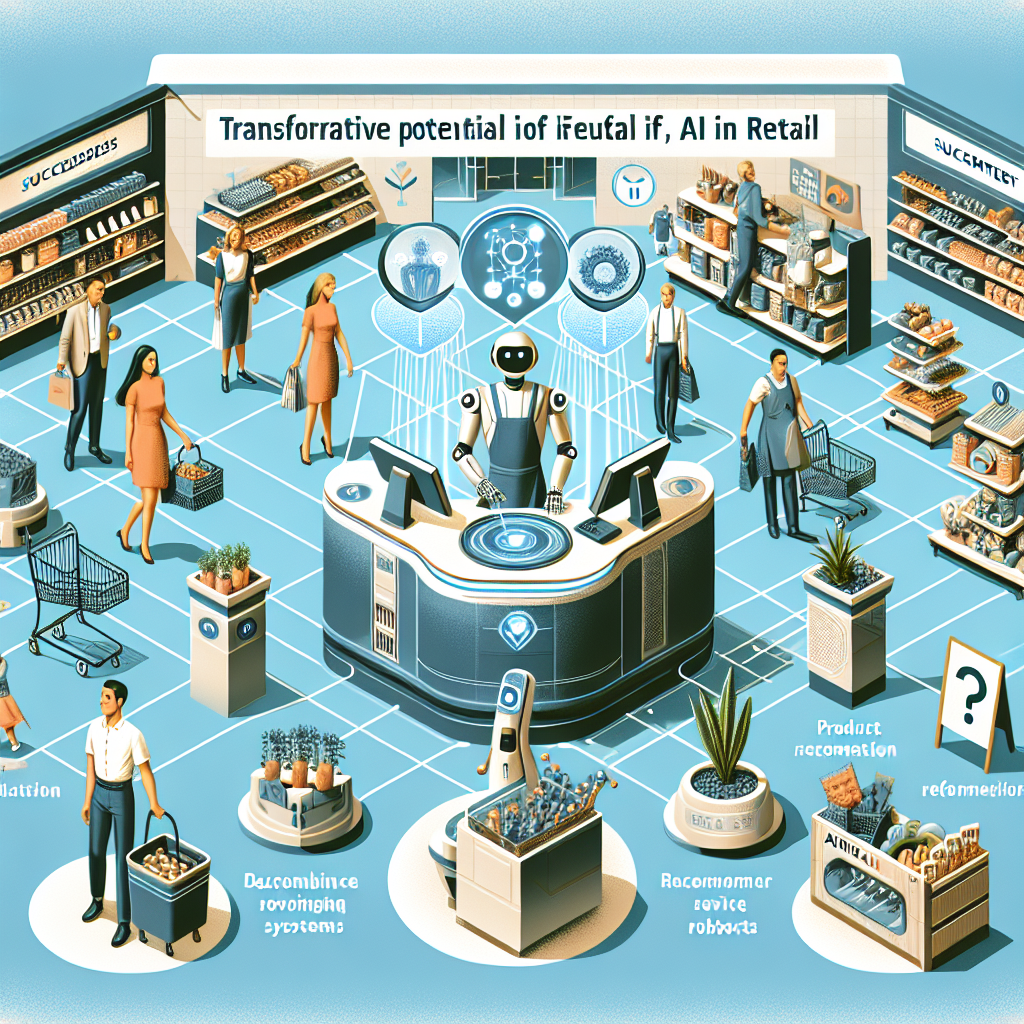Streamlining AI Workflows with TensorFlow Extended (TFX): Technical Insights and Best Practices

```html
In the realm of artificial intelligence and machine learning, efficient model development, deployment, and monitoring are paramount. One essential toolkit that has garnered significant attention for its comprehensive capabilities is TensorFlow Extended (TFX). Developed by Google, TFX is an end-to-end platform for deploying production machine learning (ML) pipelines. This blog post will dive deep into the technical aspects of TFX, its key components, and its practical applications. We'll also explore success stories and best practices to help you effectively integrate TFX into your AI workflows.
1. Introduction to TensorFlow Extended (TFX)
TensorFlow Extended (TFX) is an end-to-end platform designed to facilitate the deployment of production ML pipelines. It orchestrates the various components of a typical machine learning workflow, ensuring they work seamlessly together for scalable and reliable model deployment.
Technical Details:
- Pipeline Orchestration: TFX uses Apache Beam for orchestrating ML pipelines, which can run on various distributed processing backends such as Apache Flink, Apache Spark, and Google Cloud Dataflow.
- Model Training and Evaluation: Integrates with TensorFlow for model training and TensorFlow Model Analysis (TFMA) for model evaluation, ensuring models meet performance expectations before deployment.
- Metadata Management: TFX stores metadata about the datasets, models, and pipeline components, enabling reproducibility and better management of ML assets.
- Model Serving: Uses TensorFlow Serving for serving ML models in production, providing a scalable and efficient way to serve predictions.
- Data Validation: Ensures data quality with TensorFlow Data Validation (TFDV), which analyses and validates input data before it enters the pipeline.
2. Key Components of TFX
TFX comprises several key components that collectively facilitate the construction and deployment of robust ML pipelines:
- ExampleGen: The initial component in a TFX pipeline that ingests and splits data for training and evaluation.
- StatisticsGen: Generates statistics for the input data, which can be used in data validation and transformation steps.
- SchemaGen: Automatically infers a schema for the input data, which is essential for ensuring data consistency and quality.
- ExampleValidator: Validates the input data against the schema to detect anomalies and data issues, ensuring high data quality.
- Transform: Preprocesses the input data using TensorFlow Transform (tf.Transform), which scales and normalizes data, making it ready for training.
- Trainer: Uses TensorFlow to train a machine learning model, leveraging the preprocessed data from the Transform component.
- Evaluator: Utilizes TensorFlow Model Analysis to evaluate the trained model's performance, ensuring it meets the required metrics.
- Pusher: Deploys the trained and validated model to a serving infrastructure, such as TensorFlow Serving, for production use.
3. Real-World Applications
TFX is being used across various industries to streamline machine learning workflows and enhance model deployment efficiency:
- Finance: Financial institutions use TFX to deploy models for fraud detection, risk assessment, and algorithmic trading, ensuring scalability and reliability.
- Healthcare: Hospitals and healthcare providers leverage TFX for developing and deploying diagnostic models, facilitating scalable and reproducible ML pipelines.
- Retail: Retailers use TFX to build recommendation engines and demand forecasting models, optimizing inventory management and personalized customer experiences.
- Marketing: Marketing teams employ TFX to deploy models for customer segmentation, sentiment analysis, and campaign optimization, improving targeting and engagement.
4. Success Stories
Several organizations have effectively integrated TFX into their machine learning workflows, demonstrating its robust capabilities:
- Airbnb: Uses TFX to manage and deploy its machine learning models for dynamic pricing and personalized search recommendations, ensuring consistent performance and scalability.
- Google: Employs TFX to deploy a myriad of models across various products, from search engine algorithms to personalized content recommendations on YouTube.
5. Lessons Learned and Best Practices
Successfully integrating TFX into your AI workflows requires adherence to several best practices:
- Modular Pipeline Design: Design your TFX pipelines modularly, allowing for easy updates and maintenance. Breaking down complex workflows into smaller, manageable components can streamline development and troubleshooting.
- Data Validation: Leverage TFX's data validation capabilities to ensure high data quality before training models. This can help prevent issues later in the pipeline.
- Continuous Monitoring: Monitor your models continuously using TensorFlow Model Analysis to ensure they maintain performance standards in production environments.
- Metadata Management: Effectively manage metadata to keep track of datasets, models, and pipeline configurations. This enhances reproducibility and facilitates collaborative development.
- Version Control: Implement robust version control for your models and pipeline components, ensuring you can track changes and roll back if necessary.
- Integration with CI/CD: Integrate TFX with Continuous Integration and Continuous Delivery (CI/CD) pipelines to automate testing, deployment, and monitoring of machine learning models.
Conclusion
TensorFlow Extended (TFX) provides a comprehensive solution for constructing and deploying production-grade machine learning pipelines. By leveraging its robust components, from data validation to model serving, TFX addresses many of the challenges inherent in the machine learning lifecycle. Understanding TFX's technical intricacies and adhering to best practices will enable you to harness its full potential, ensuring efficient, scalable, and reliable AI workflows. Whether you operate in finance, healthcare, retail, or marketing, TFX can significantly enhance your machine learning development and deployment processes, driving better outcomes and insights from your AI initiatives.
```



